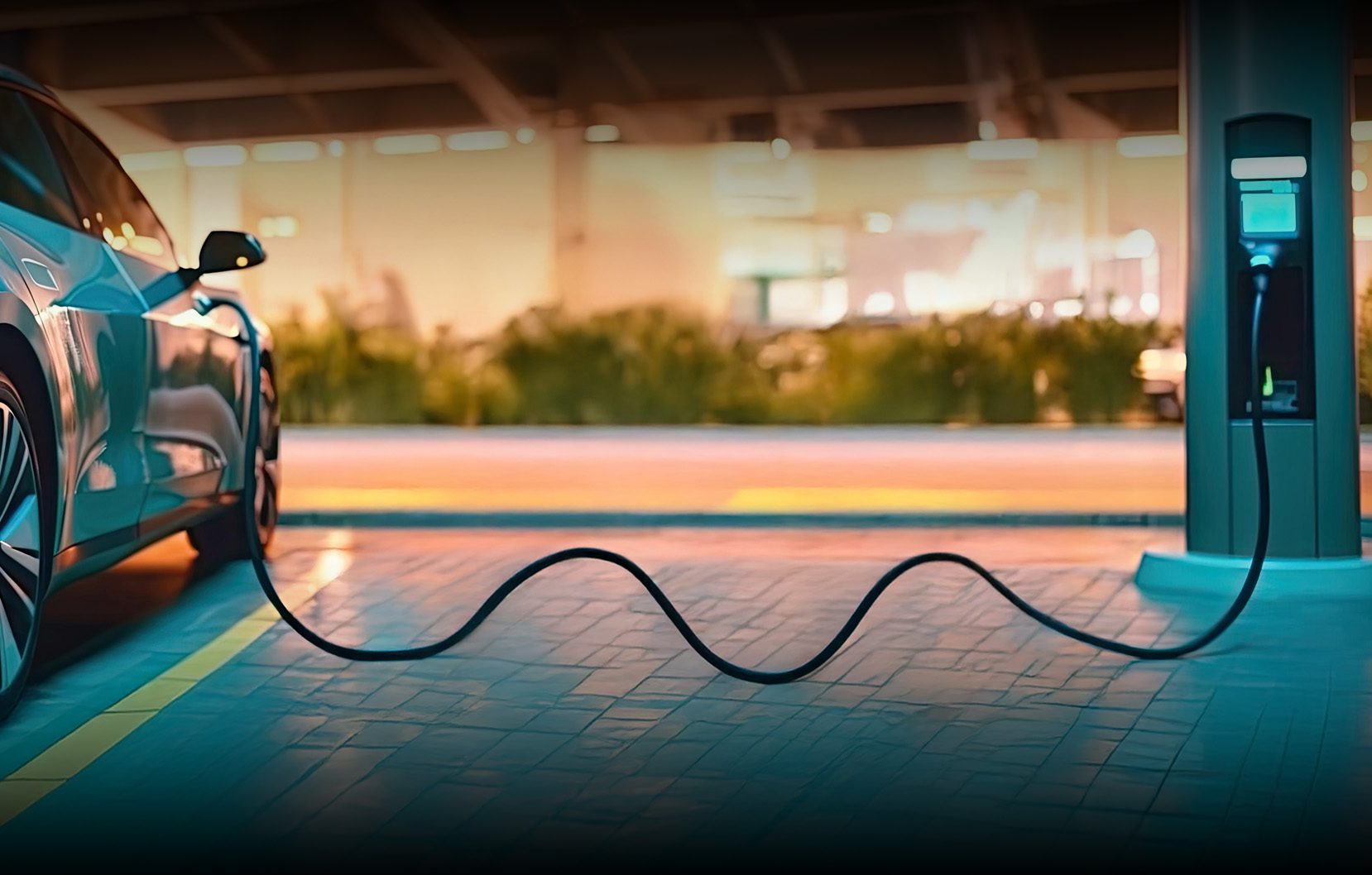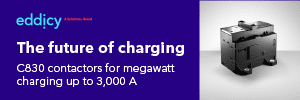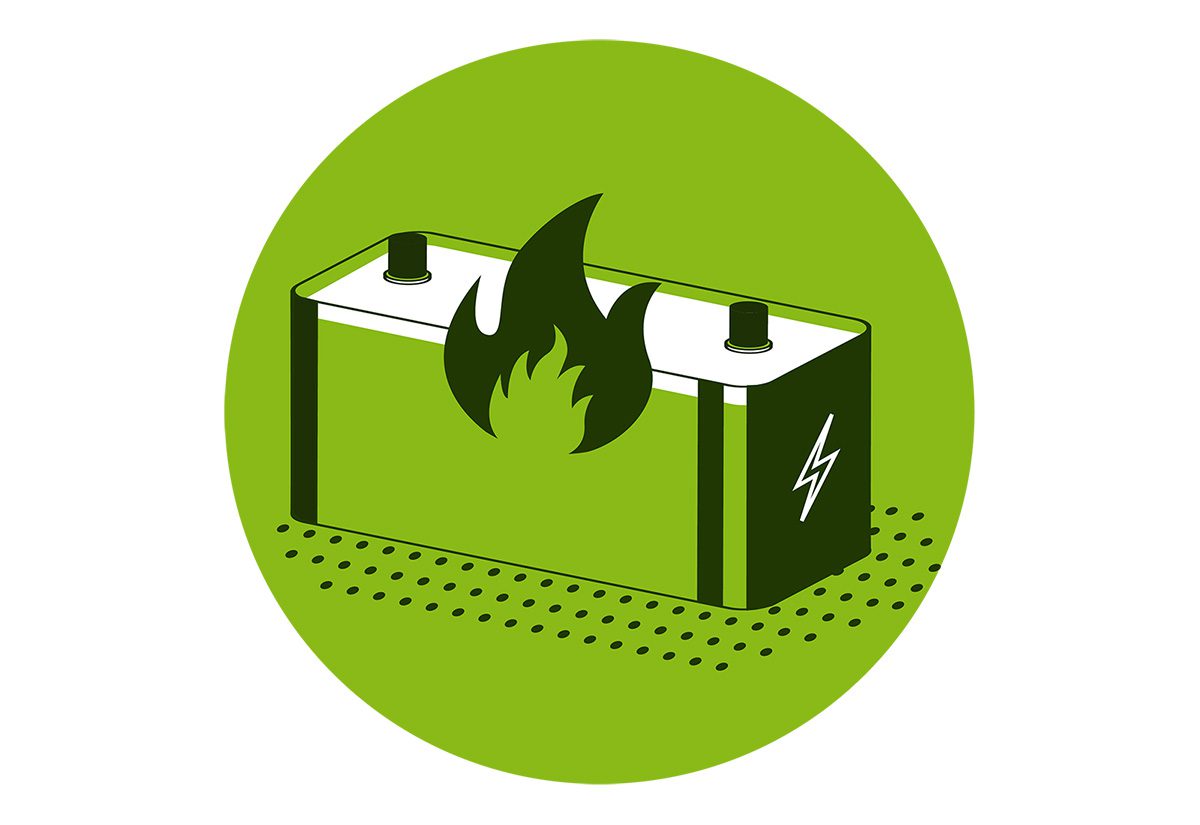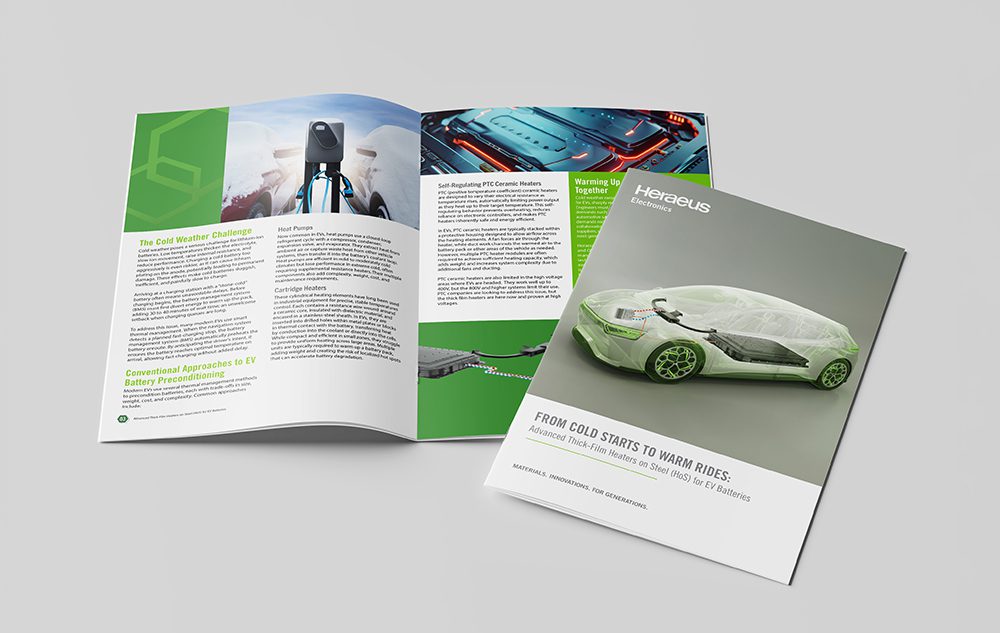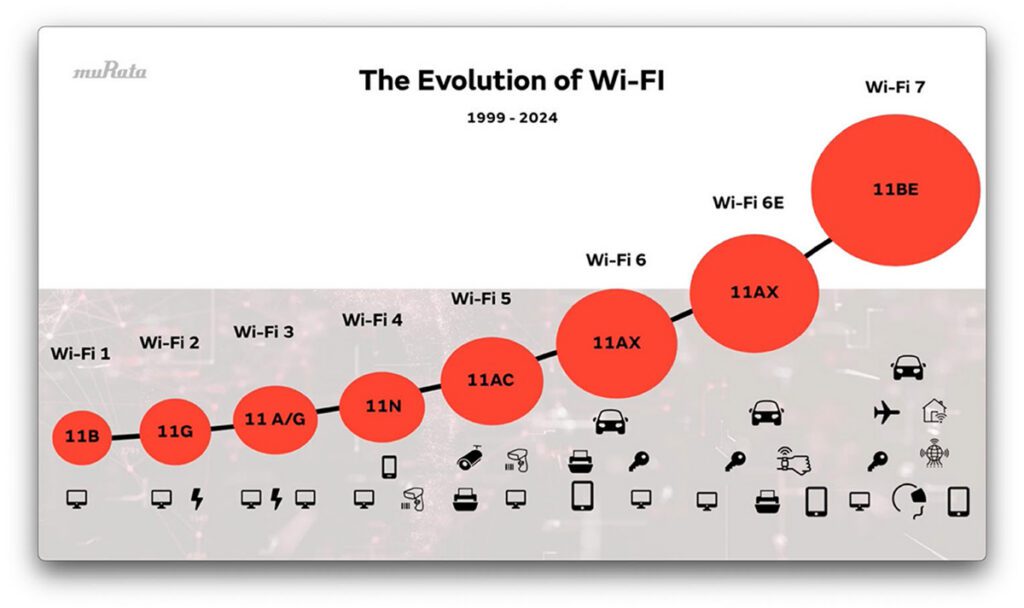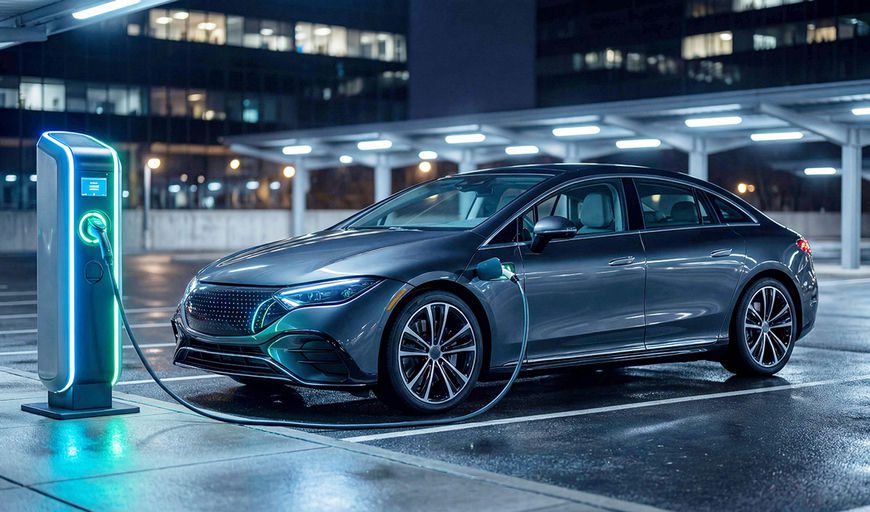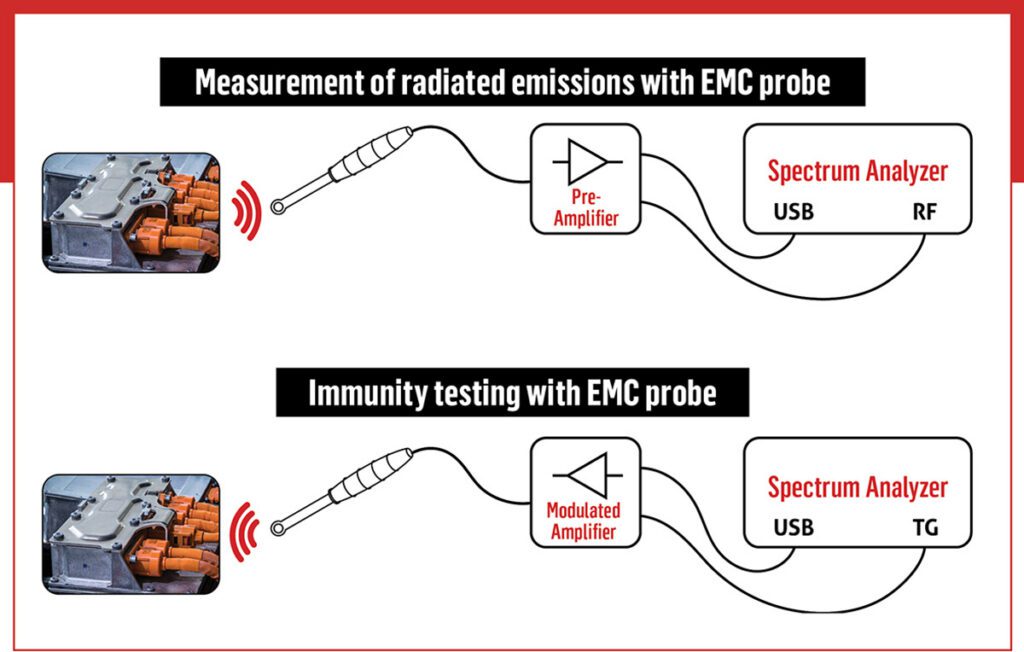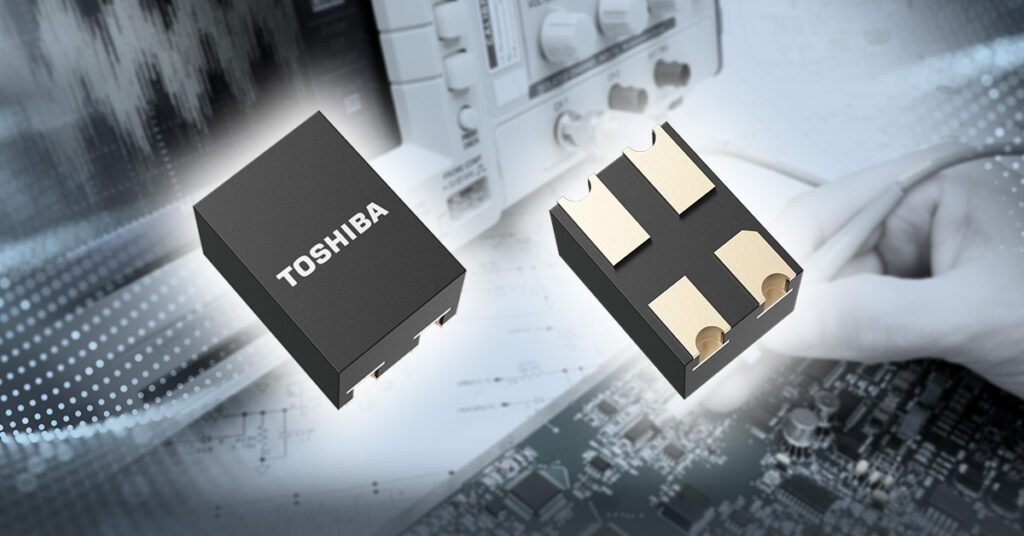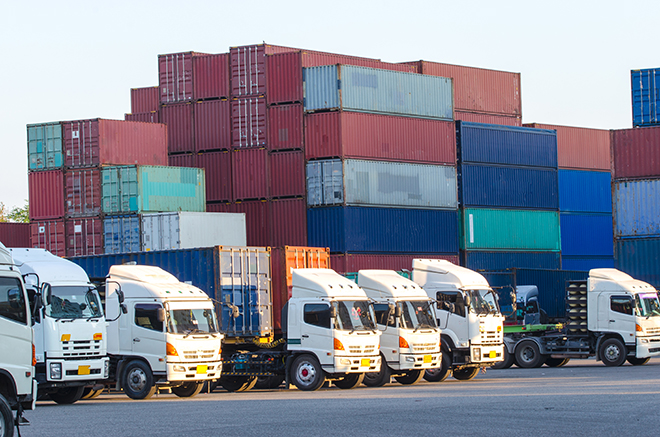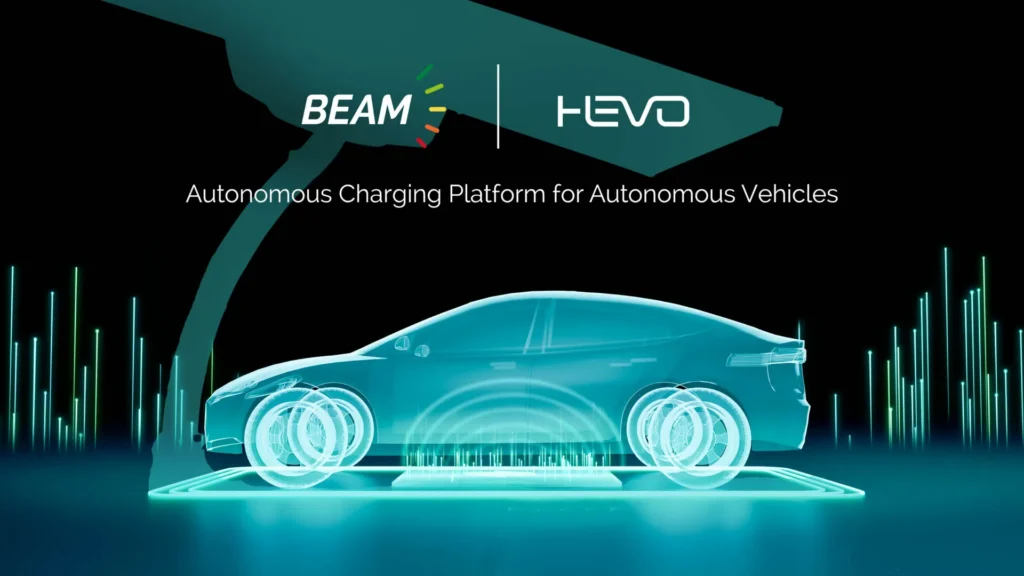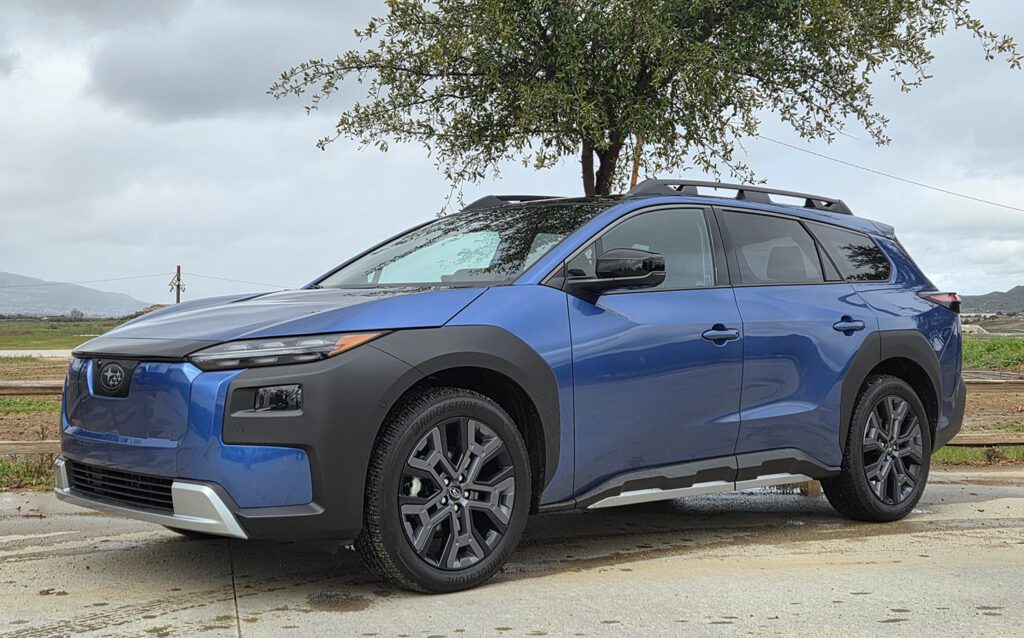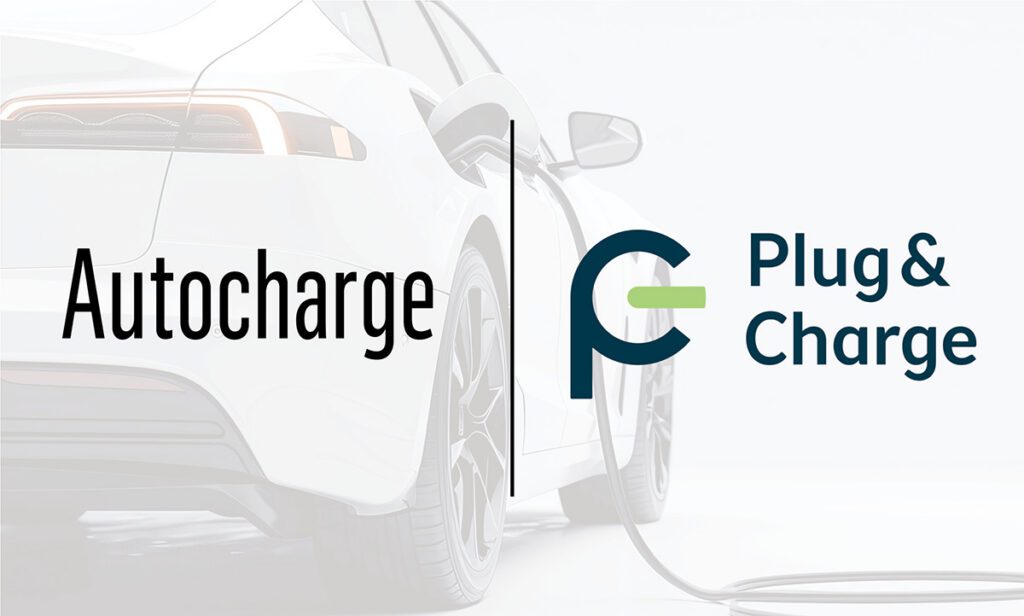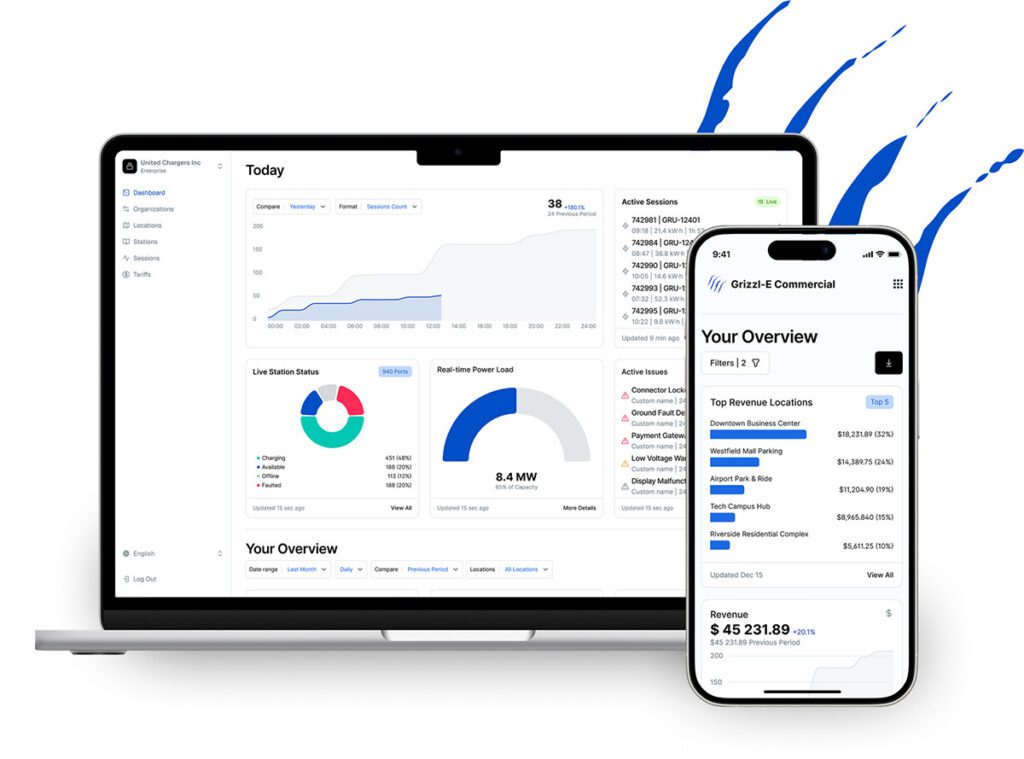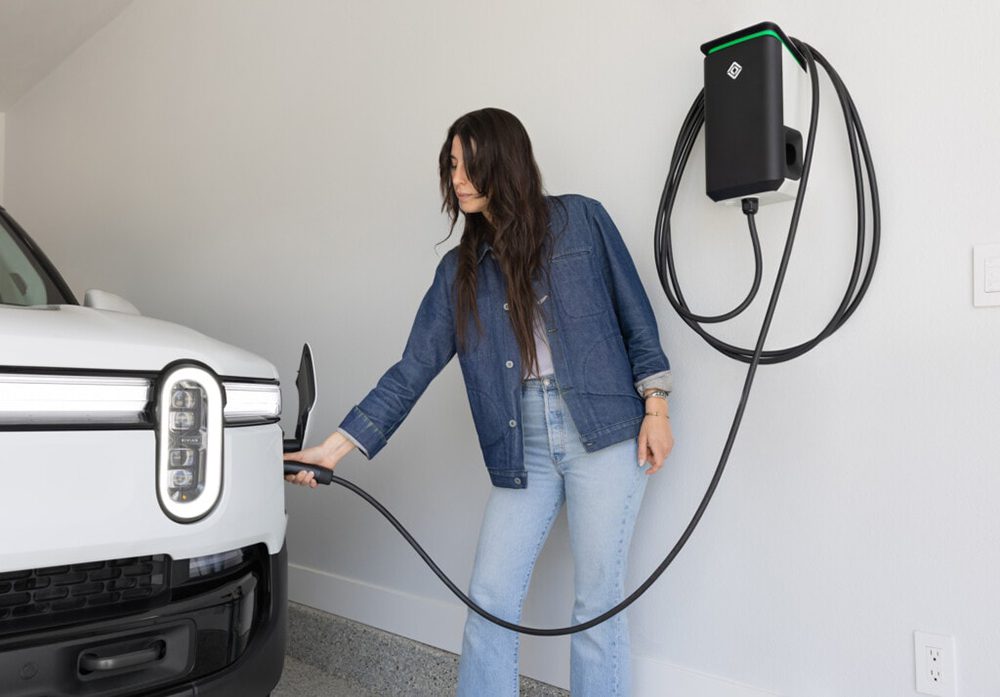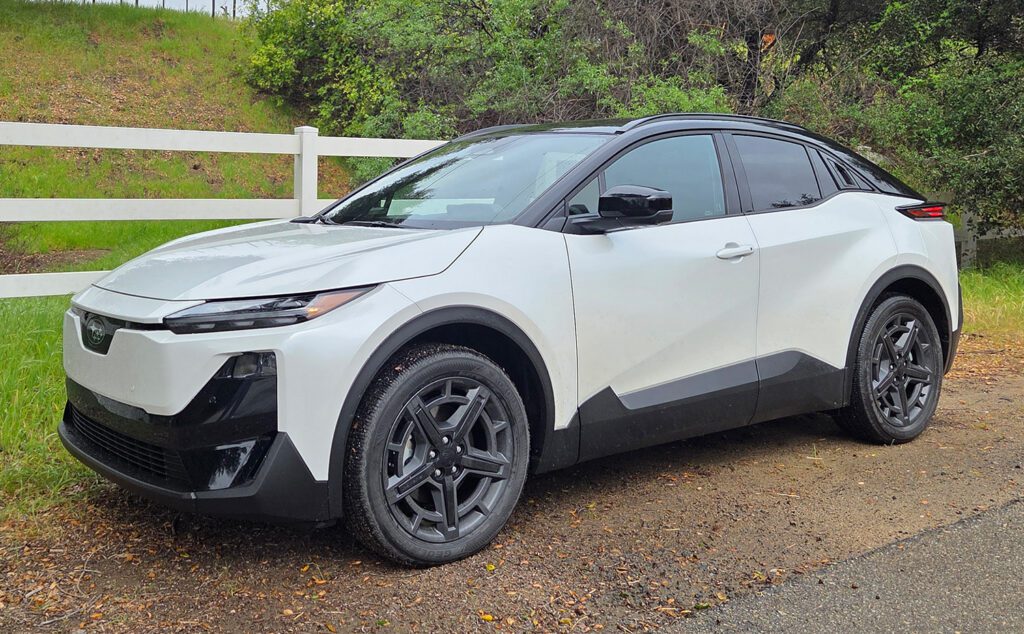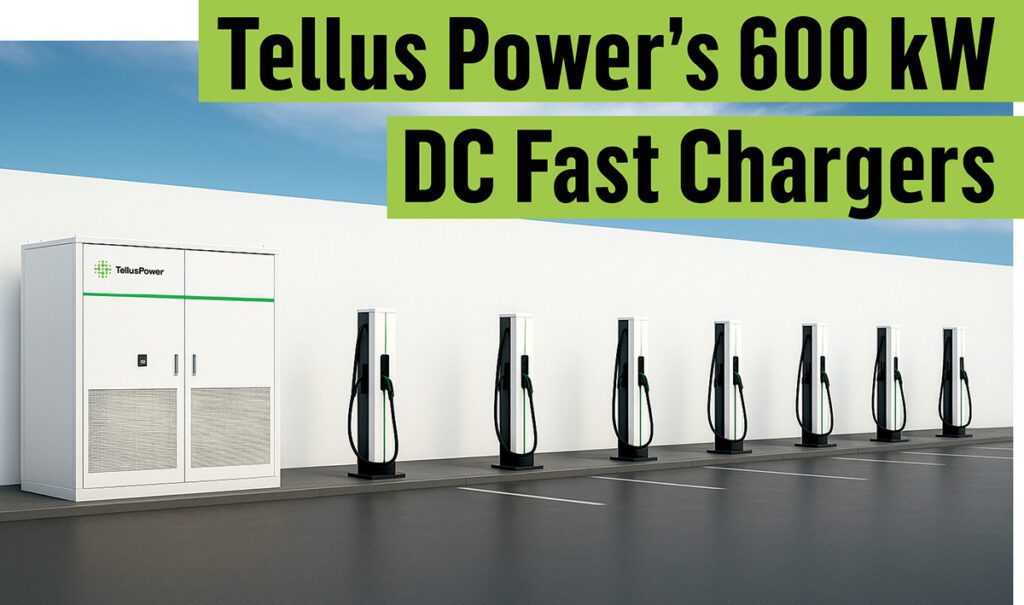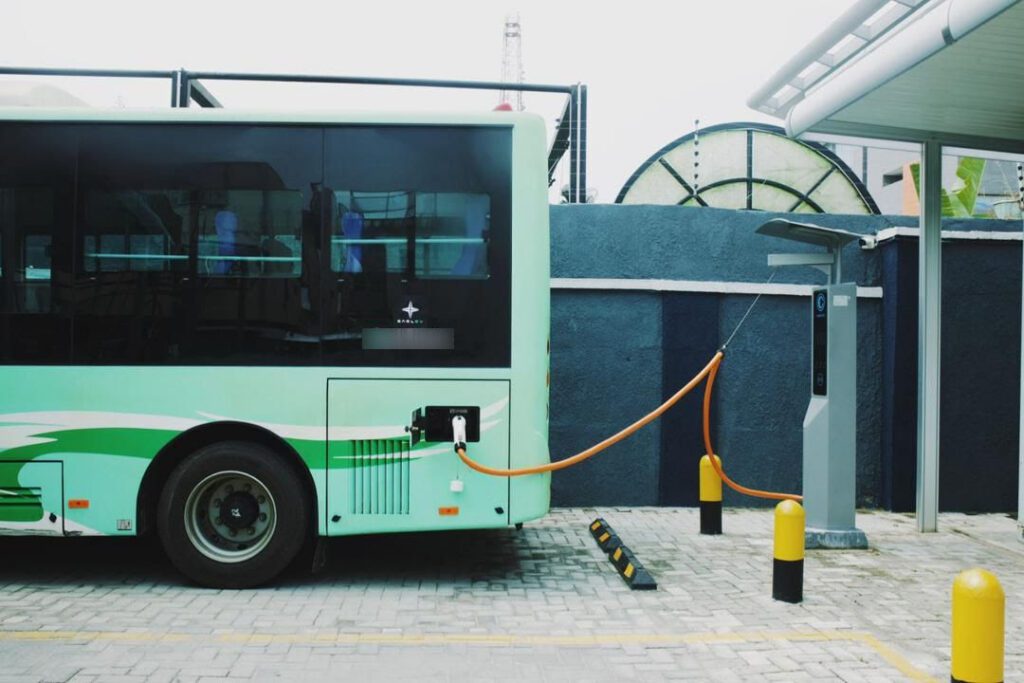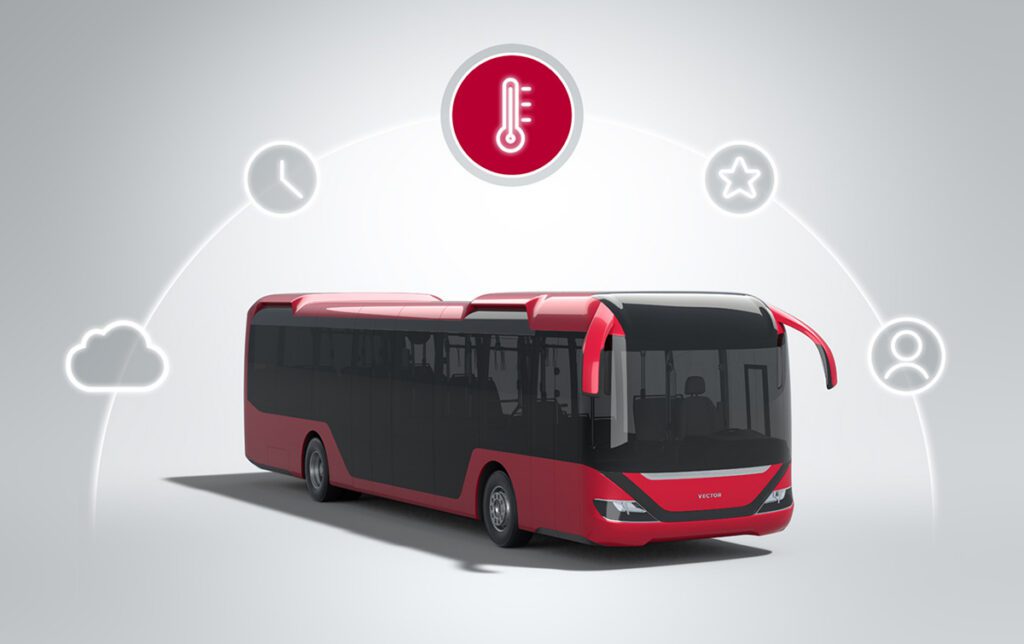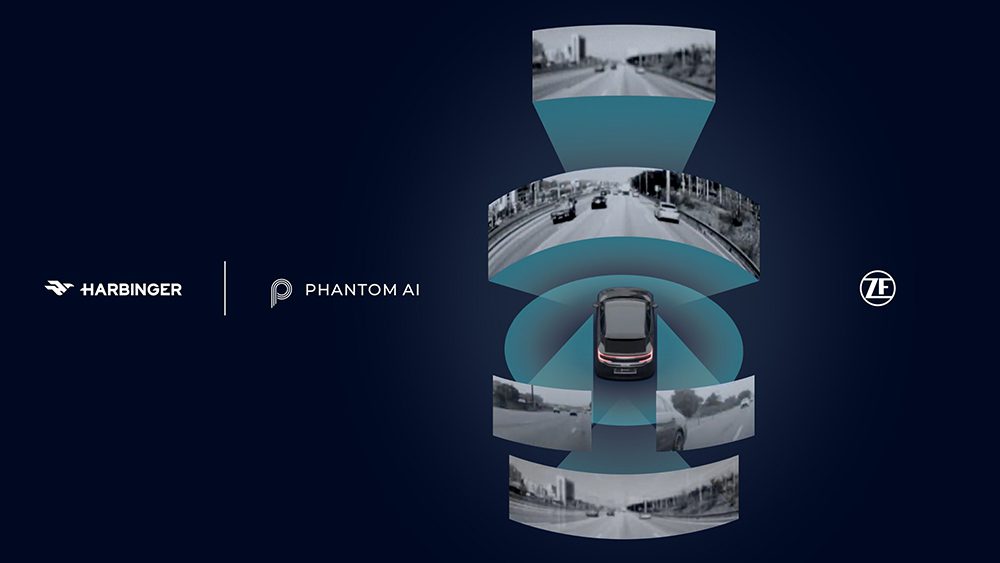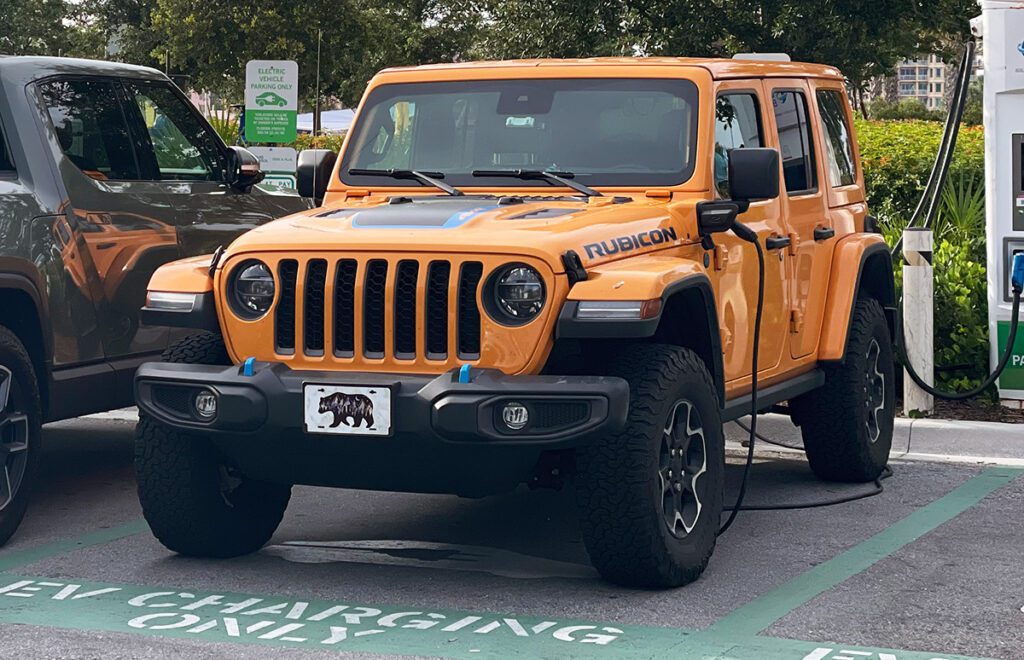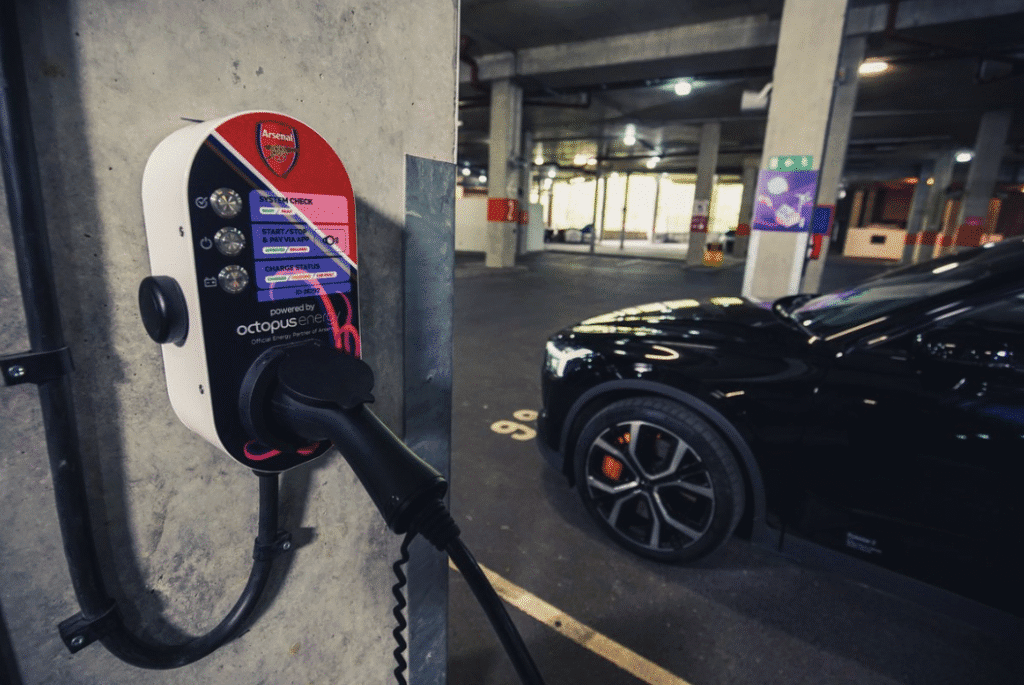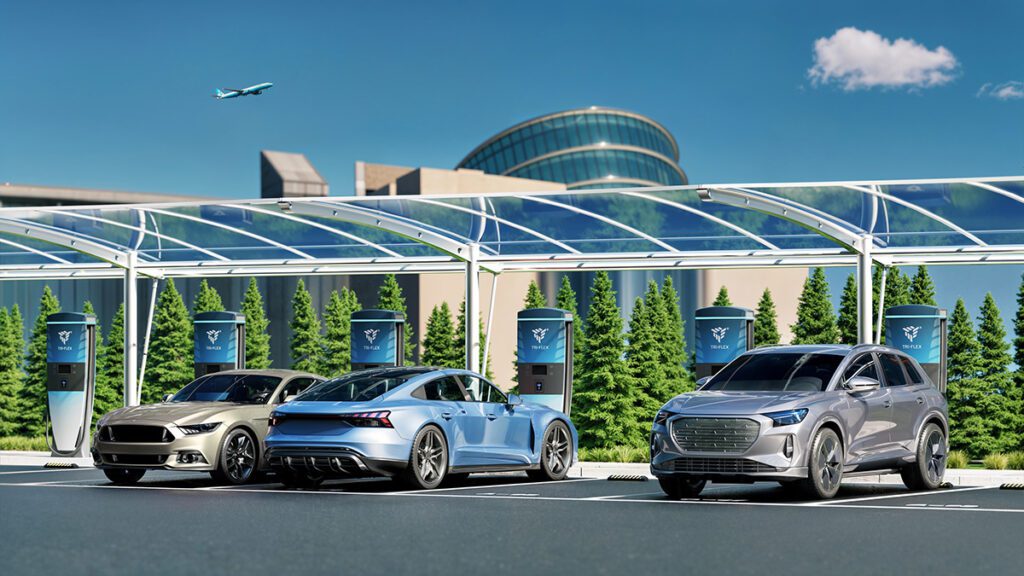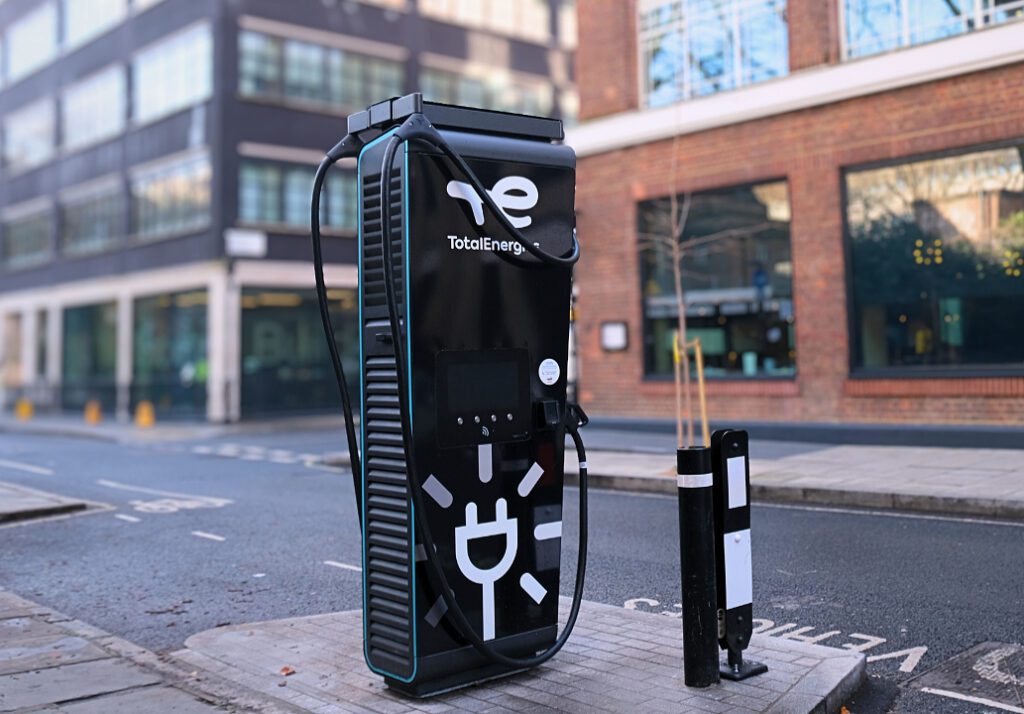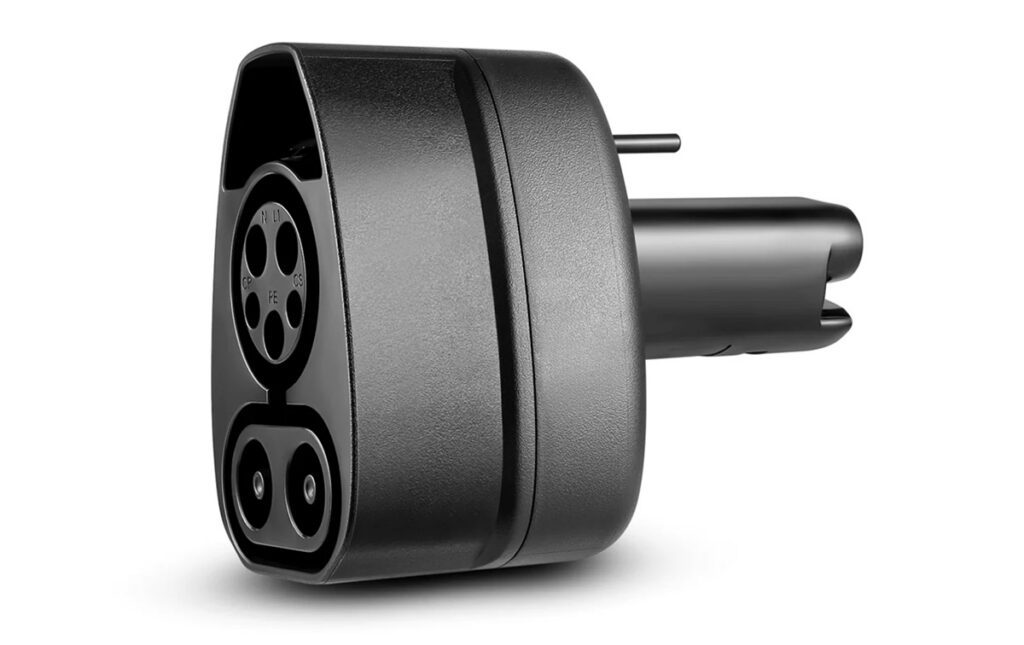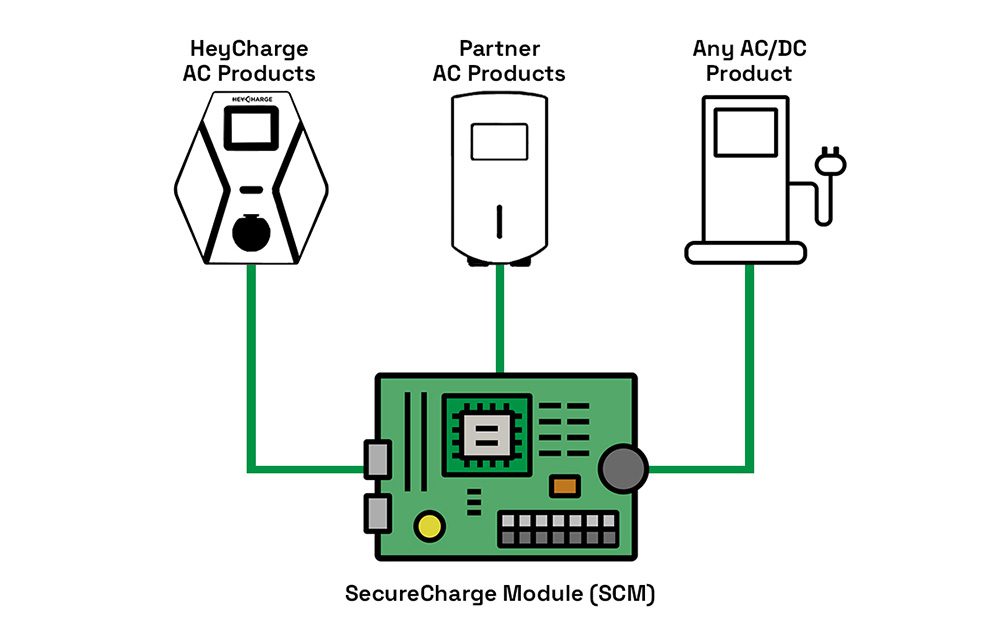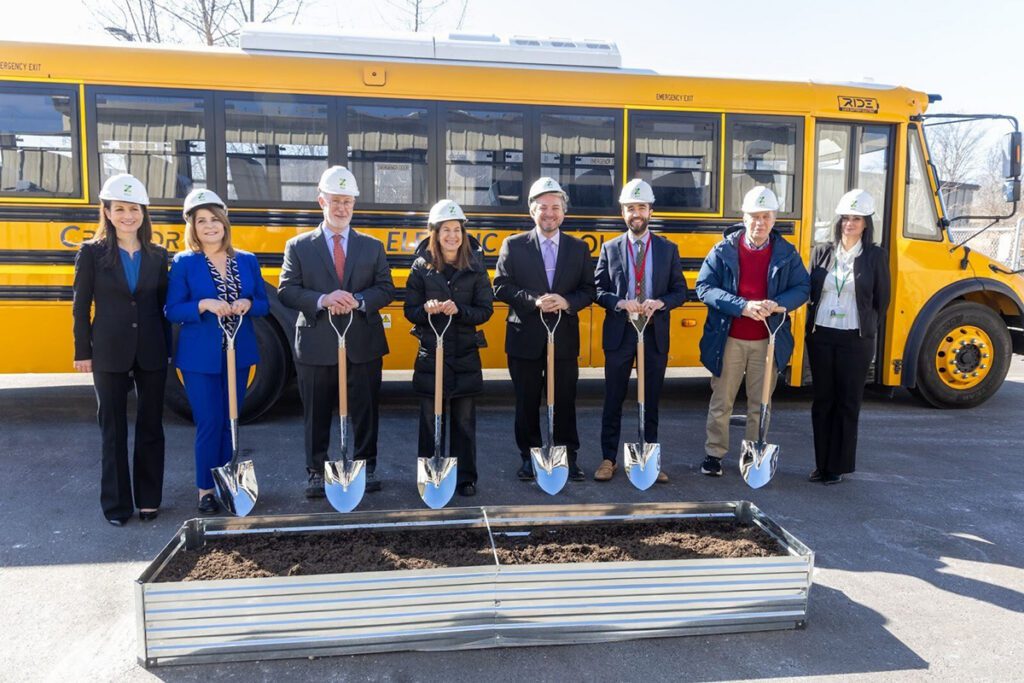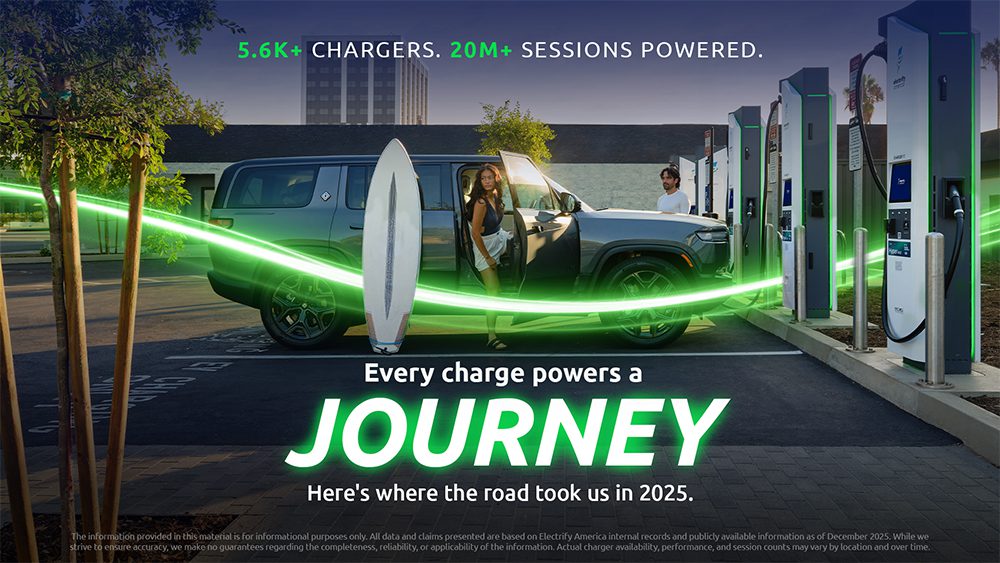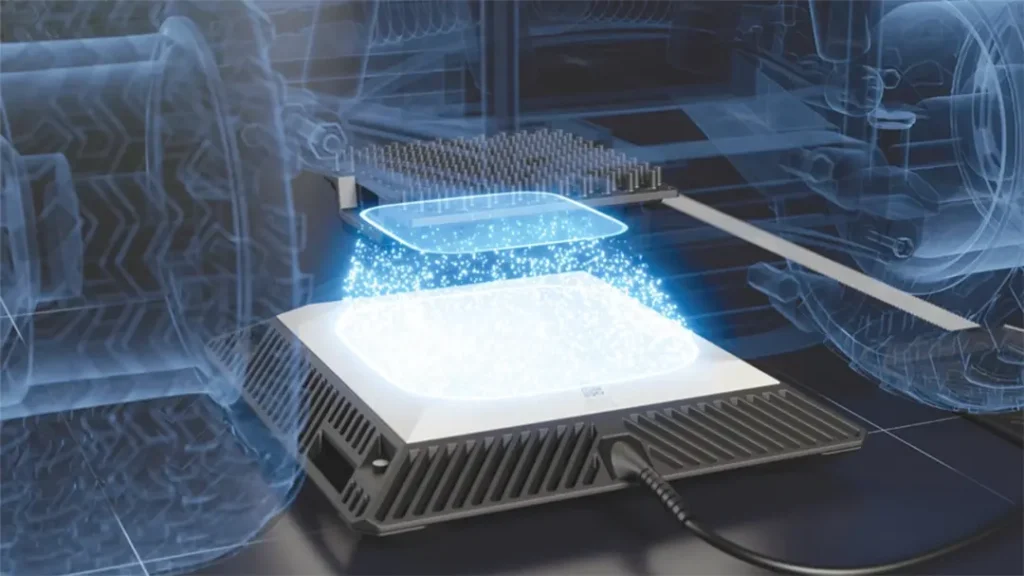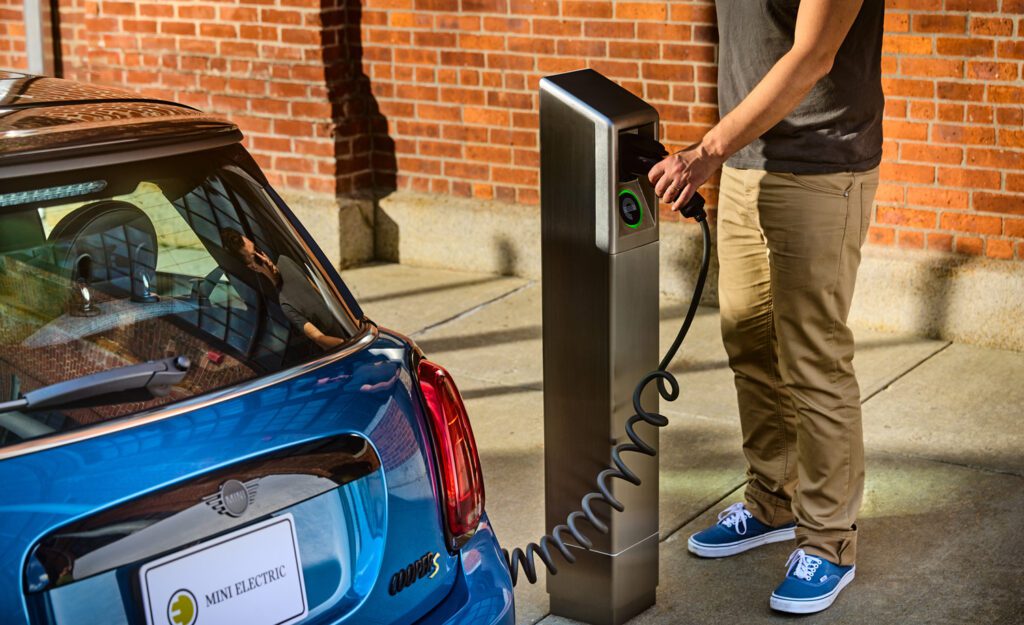AZL Aachen is launching a new Joint Partner Project entitled “Thermal Runaway Testing for Battery Casings—Benchmarking Systems for High-Gradient Heating and Hot Particle Blasting,” focused on developing and implementing a realistic and reproducible fire testing environment for structural and functional materials used in EV battery housing systems.
The project centers around the development and implementation of a new test bench that combines high-gradient flame exposure and controlled hot particle impact, mimicking the conditions of thermal runaway events in modern battery cell technologies such as lithium iron phosphate (LFP) and nickel manganese cobalt (NMC).
This setup enables systematic benchmarking of materials under stress conditions that reflect actual applications in automotive, but also in other segments like aerospace, where efficient development of safe battery storage systems is essential.
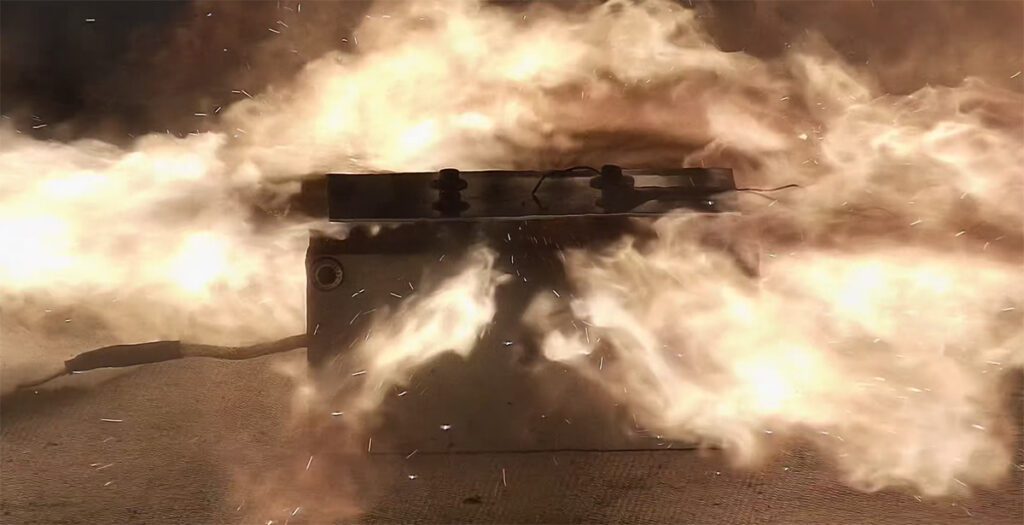
Participating companies will have access to the final benchmarking results and can also contribute material configurations for testing as part of the project.
Thermal resistance and the mechanical integrity of different materials will be compared based on application-specific scenarios through tailored test profiles. Detailed test documentation, including videos and thermal data, will be provided to support materials development, qualification, and supplier evaluation.
In a previous collaboration involving a consortium of 24 industry players, including automotive OEMs like Audi, BMW, Tier suppliers and material producers, AZL’s team of experts developed an application relevant instrumented test method that allows testing of materials at different flame temperatures and simultaneously measuring the material strength under fire load.
More than 50 different materials were tested and benchmarked regarding their specific performance (survival at tensile load and 800, 1,000, 1,200° C flame exposure, failure, areal weight, cost per area).
“The new Joint Partner Project builds on these results, know-how and test infrastructure. It enables participants to pool resources, validate their own solutions, and gain insight into leading alternatives in the market,” AZL said.
Source: AZL Aachen

